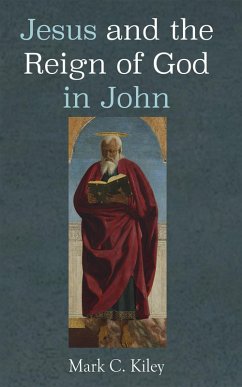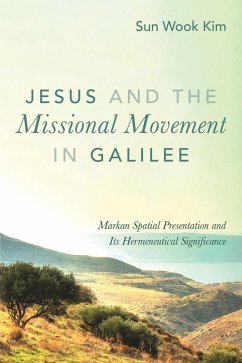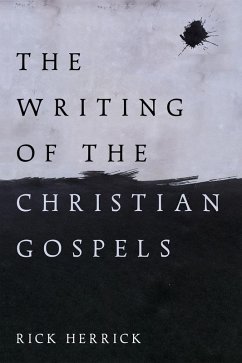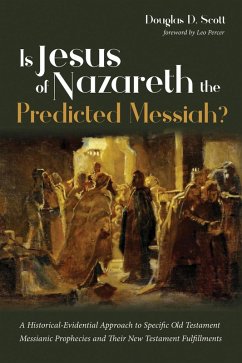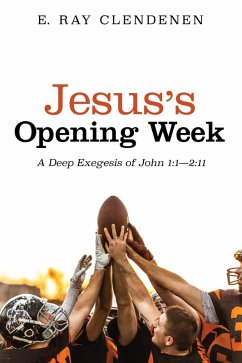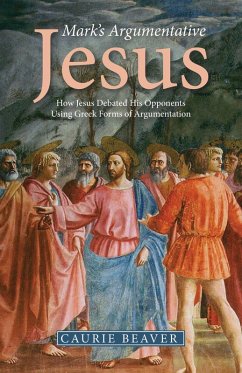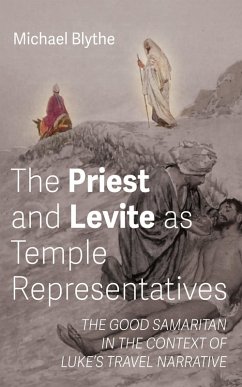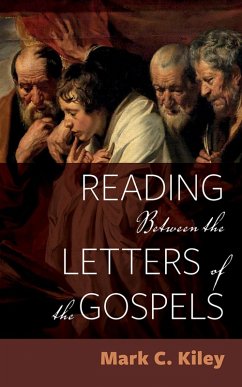
Reading Between the Letters of the Gospels (eBook, ePUB)

PAYBACK Punkte
7 °P sammeln!
What if the texts of the canonical Gospel authors provide commentary alongside the texts they created? That is the interpretative question pursued in many of these essays that supplement the collection done in 2012 for Wipf and Stock. Taking a cue from Aratos and Vergil, among others, these studies point to configurations of letters that reference some aspect of the topic dealt with in already integral words in the main text. Attention to letters sprinkled throughout a passage may uncover integral words on their own "but the beholder wanting." Through this lens, one may trace the formative inf...
What if the texts of the canonical Gospel authors provide commentary alongside the texts they created? That is the interpretative question pursued in many of these essays that supplement the collection done in 2012 for Wipf and Stock. Taking a cue from Aratos and Vergil, among others, these studies point to configurations of letters that reference some aspect of the topic dealt with in already integral words in the main text. Attention to letters sprinkled throughout a passage may uncover integral words on their own "but the beholder wanting." Through this lens, one may trace the formative influence of the letters Yhwh on Isaiah and Matthew, hear more echoes of Homer and Pindar in Mark, observe extensive engagement with Aratos in Luke-Acts, and the descriptor "beloved" used of Judas in John. Through this lens, one may detect that Matthew and Luke focused on the Pentateuch as a whole when they supplement Mark. The intercalated letters of the Gospel writers' names in the Farewell Discourse of John also suggest that he self-consciously works within the lineup that we now know. This reading strategy is an art as much as a science, but, when used responsibly, it opens a new question within traditional redactional investigations.
Dieser Download kann aus rechtlichen Gründen nur mit Rechnungsadresse in A, D ausgeliefert werden.




